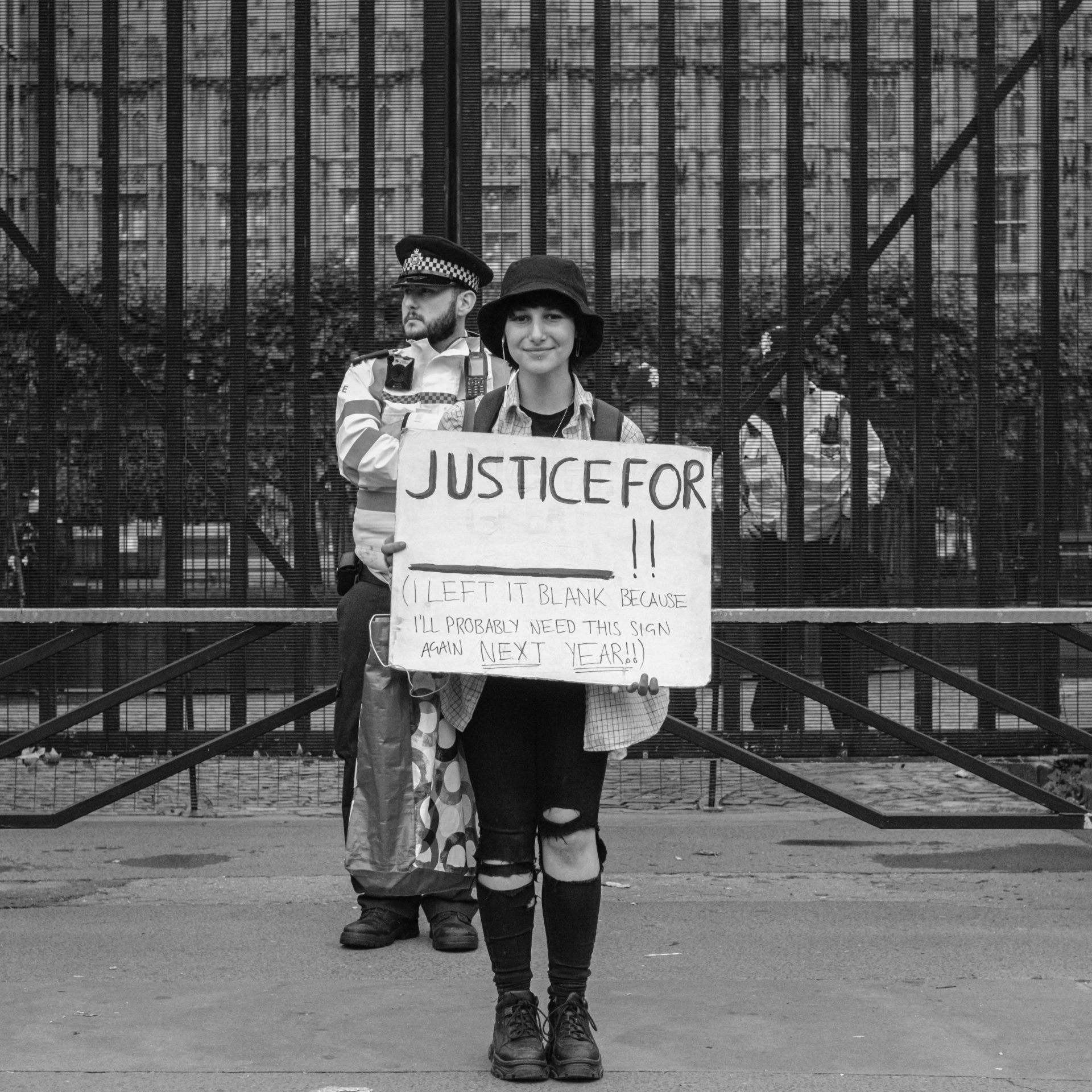On the 22nd June, the UK Bill of Rights was introduced to Parliament. This fulfilled a commitment made in the 2019 Conservative Manifesto (which itself echoed commitments also made in the 2017, 2015 and 2010 Manifestos) to update the Human Rights Act.
Among those justifications given for introducing this act, was that it does not take the behaviour of those who make claims into account. Or, as the then Deputy Prime Minister Dominic Raab put it, ‘it is a principle of law in this country that those who come into equity do so with clean hands, and I think that should be reflected in human rights claims.’
This prompts us to explore who the public feel that human rights are for, and whose interests they feel they defend.
The majority of the public agree that human rights have been a good thing for Britain (65% score 6-10 where 0=bad thing and 10=good thing). However, only 41% of the public express this with any great strength (score 8-10).
A fifth (22%) of the population are on the fence (score 5), while only 13% consider human rights to be a bad thing for Britain (score 0-4).
Given the commitment of the Conservative Party to revise the Human Rights Act, it is interesting to look at voter support for human rights. Only 53% of those who voted Conservative in the 2019 General Election say that human rights have been a good thing for Britain (score 6-10), compared to 75% of those who voted Labour.
Furthermore, 24% of those who voted Conservative in GE2019 say that human rights have been a bad thing for Britain (score 0-4), compared to only 8% of those who voted Labour.
We asked the UK public how well, if at all, they felt human rights worked for different social groups.
People thought human rights worked best for children and young people (60%), only 12 percentage points ahead of the unemployed, who were seen as least likely to benefit (48%). This indicates that the general public consider human rights to work reasonably universally, for example, serving prisoners (54%) as well as the LGBTQ+ community (also 54%).
However, there are significant differences in public perceptions when asked about how well they personally benefit from human rights – 55% of the public feel that human rights benefit ‘people like you and/or your family’.
Those in a higher (ABC1) socioeconomic grade are significantly more likely to think rights worked well for them than those from a lower (C2DE) socioeconomic grade (62% vs 46%).
Furthermore, younger people (18-34s) are significantly more likely than older people (55+) to perceive rights to work well for them (62% vs 52%).
This evidence suggests that public sentiment towards human rights is less concerned with whether other groups are more or less deserving – as suggested by the justification to review the Human Rights Act – but rather about the degree to which individuals feel that they benefit from human rights.




